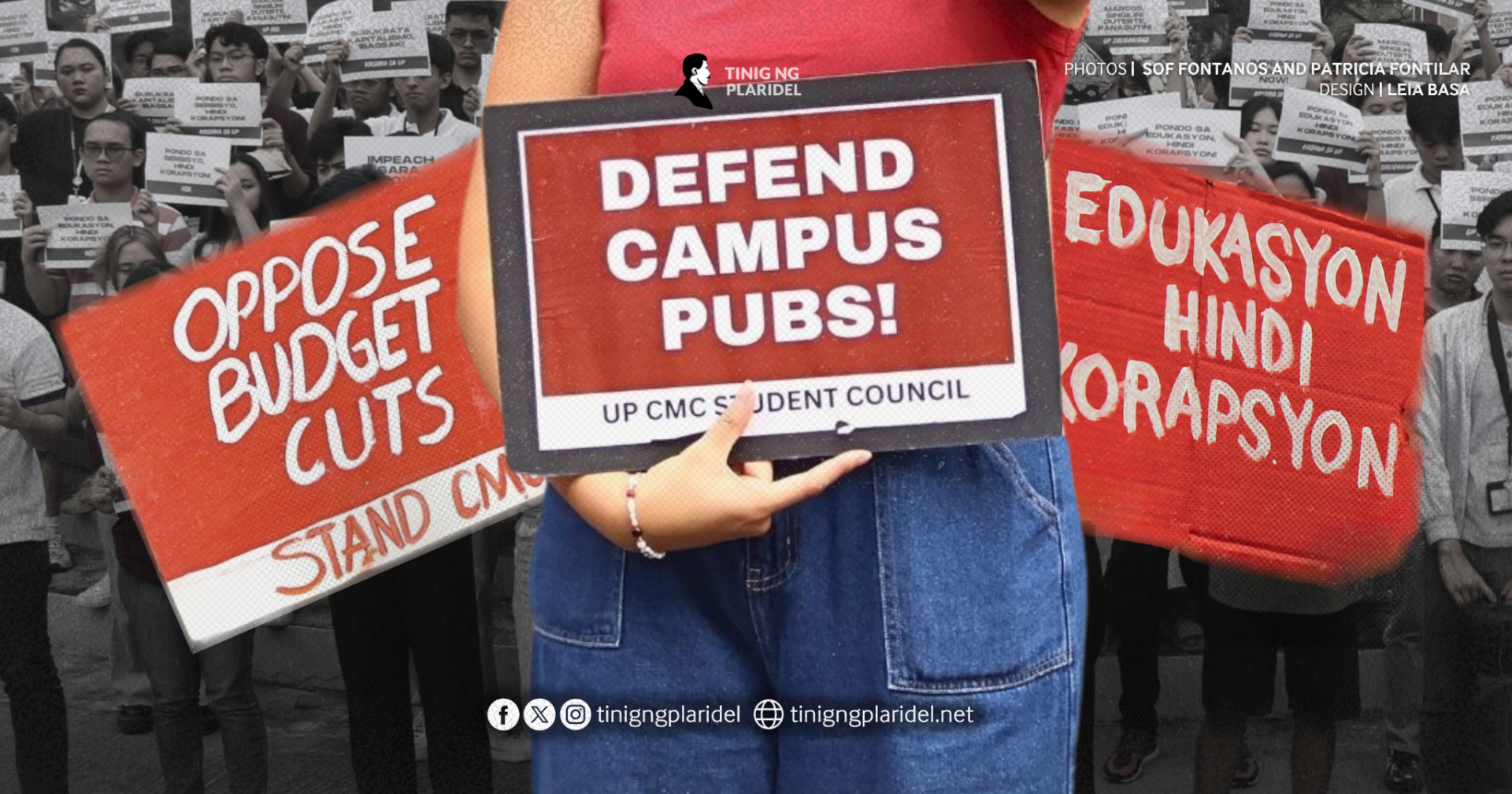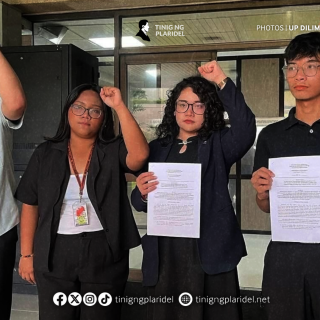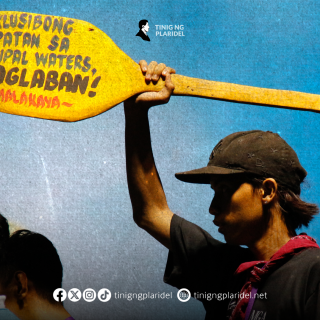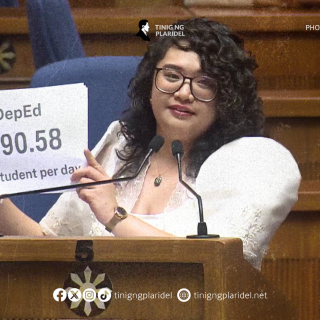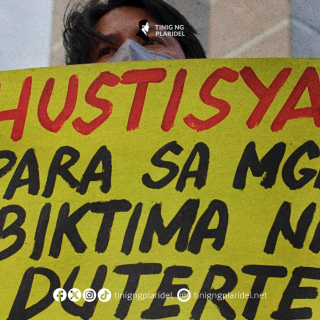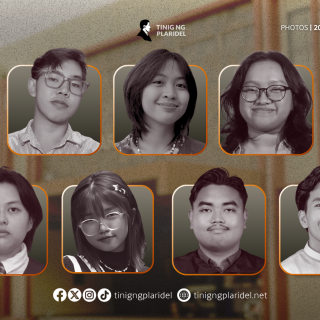Student publications across the University of the Philippines (UP) system decry inadequate office spaces during the UP Solidaridad Biannual Congress held Feb. 7, at the UP Diliman (UPD) Extension Programs in Pampanga and Olongapo.
This concern prompted UP publications to pass a resolution urging the university administration to provide safe and conducive office space to campus journalists to ensure sustainability of their operations.
“The absence of a proper student publication office limits their ability to operate at maximum capacity, restricting collaborative efforts and archival functions that are essential to campus press sustainability,” the resolution reads.
The resolution was authored by University of the Philippines Visayas (UPV) publications Pagbutlak of College of Arts and Sciences (CAS) and Ang Mangingisda of the College of Fisheries and Ocean Sciences. The publication shared that only two out of four publications in UPV have their own offices.
Other UP campus papers share the same struggles with UPV publications. The Cursor (TC) of UP Open University said they are facing difficulties in conducting presswork due to the lack of a dedicated office space, despite long-standing calls for its establishment.
“Last [update] I’ve heard from USC [University Student Council] ay pinaglalaban na magkaroon ng publication office. Mayroon daw isang room sa DICT [Department of Information and Communications Technology], pero hindi pa siya nagagamit,” said TC during the discussion on resolution.
Ang Tagamasid of UP Manila (UPM) CAS has repeatedly requested a press office from the college administration but has been told that space is either unavailable or under renovation. Similarly, UP Baguio Outcrop has been left without a designated workspace due to ongoing college renovations affecting their own office, forcing staffers to work in a canteen.
In the case of UP Vista of UP Tacloban, space limitations restrict the publication in holding meetings and efficiently conducting editorial tasks.
“With the increasing number of staff members of the publication, UP Vista needs more space as an office to convene and produce materials,” the campus paper wrote in their report.
On the other hand, Lanog of UP Cebu College of Communication, Art, and Design oversees Mindscape—the university’s new mini-library—in return for office space.
However, this arrangement will only last for a year and places an additional burden on the publication.
“Overseeing the library is an added responsibility to the already heavy publication operations,” Lanog stated in their report.
Meanwhile, Medikritiko of UPM School of Health Sciences is forced to share facilities with the student council.
For UP Mindanao’s Himati, being housed in a residential space outside the campus has raised security concerns, with state forces and unidentified personnel monitoring their workspace.
“Kapag gumagamit kami ng office, may mga umaaligid-aligid sa amin. Hindi namin maiwasan since may presence ng RCDG [Regional Community Defense Group],” said Himati.
The declining condition of Tinig ng Plaridel’s (TNP) office space at UPD College of Media and Communication has also prevented the publication from conducting regular face-to-face section meetings.
Last year’s flooding from Typhoon Carina left TNP’s office unfit for meetings, damaging tables and cabinets in the space. “Kung walang face-to-face sec[tion] meets, doon nagkakaroon ng problema sa staffer inactivity,” said TNP.
Restrictive office hours, meanwhile, bar The Manila Collegian (MKule) from fully utilizing their space for presswork. While staffers and editors can now stay up to 10 p.m. after negotiations, they are still barred from entering the office during the weekends.
“Hindi ‘yun sapat, hindi naman time-bound ang trabaho natin, tuloy-tuloy siya,” said MKule. “Alam naman nating may coverages na kino-cover tuwing Sabado, kaya hindi namin nakukuha ‘yung equipment namin, such as camera and other things na need gamitin sa coverage,” MKule explained.
The Accounts of UPV College of Management no longer has a functional office after its designated publication space was repurposed for storage. They hope to secure a permanent workspace, especially given the logistical challenges of managing a staff split between Iloilo and Miagao—UPV’s two campuses—with travel costs complicating operations.
This issue extends beyond the UP System, as student publications in other universities face similar struggles. The workspace of Today’s Carolinian of the University of San Carlos in Cebu was repurposed as an alumni office after the publication was defunded and evicted in 2019, following their critical reports on tuition hikes.
Despite appeals, the administration has refused to restore its funding and office. A separate resolution, also approved at the same biannual congress, condemned Today’s Carolinian’s eviction, calling it “an attack on press freedom and student political rights.”
Beyond these space-related concerns, the student publications approved seven other resolutions tackling nationwide and university-wide issues, including pushing for a higher budget and a faster funding process, and enhancing political participation, among others.

